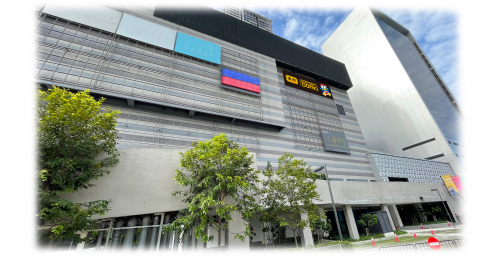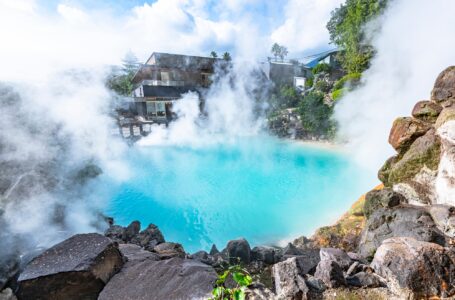Halal 101: From syubhah to halal
Salam and hello!
As a Muslim-minority country, Halal-certified products are not widely available in Japan. Although most are not certified, some products can be Halal once you know the source.
Japan has been a favourite travel destination among international tourists, including Muslims. According to the Global Muslim Index Travel 2021, Japan ranked 7 in the Muslim-friendly Travel Destination Ranking of Non-Islamic Country category. Staying in the reigns of the top 10 since 2013.
Muslim-friendly services and products have increased in recent years. But finding halal-certified products will vary depending on where you are staying or sightseeing in Japan. As chances, you can get them is higher near famous tourist spots or area with many Muslims.
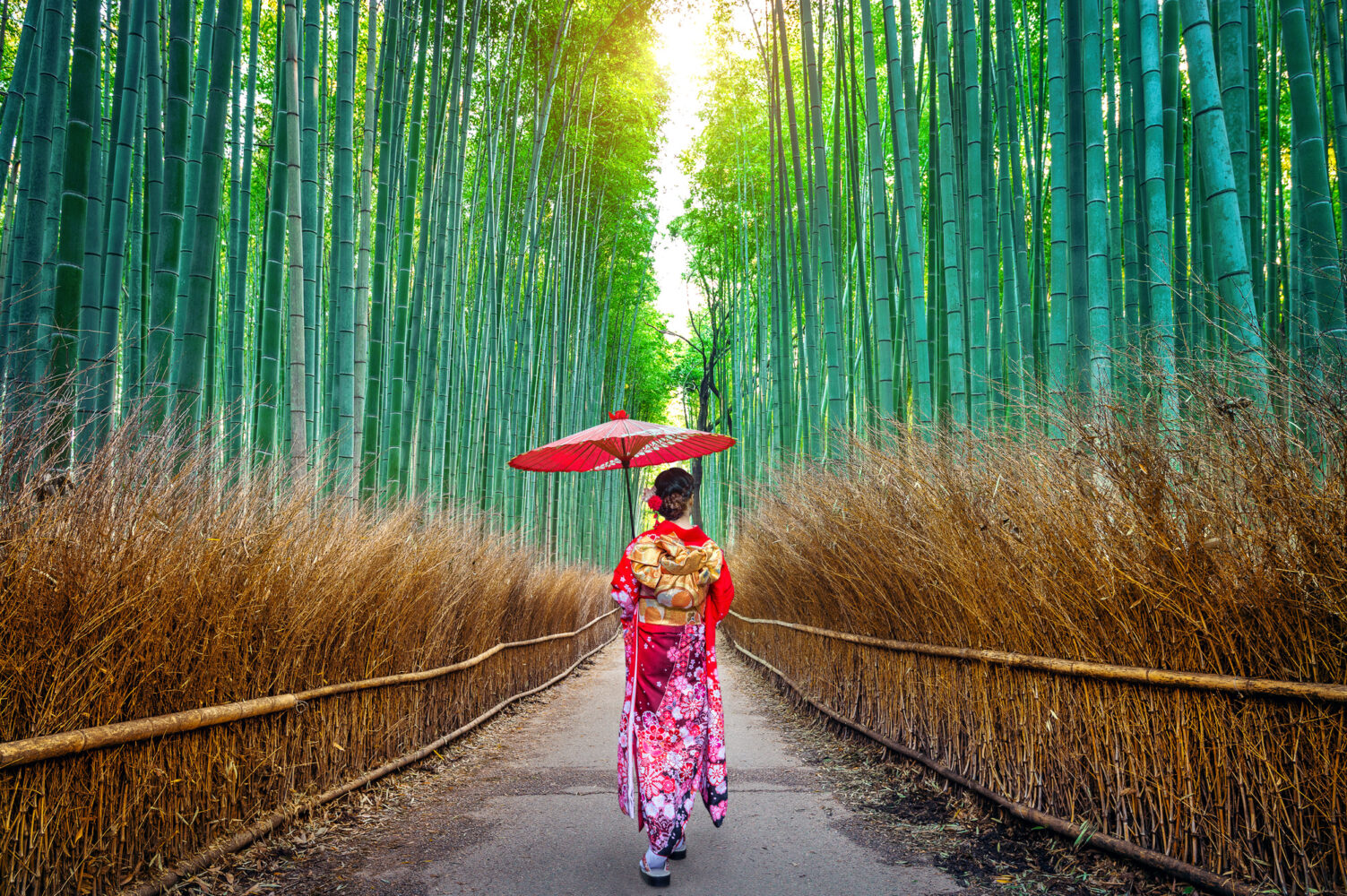
Although Japan still has few halal-certified products, there are non-certified ones with the potential to be safe for Muslims. For Muslims, there are certain things that they cannot consume, such as pig and alcoholic beverages. By knowing the sources involved in the product, they can decide whether it is safe to use or not.
As such, clarifying the origin/source involved is important to ensure that people with dietary restrictions, like Muslims, can use the product at ease.
For example, the ingredient “emulsifier”. Many products in Japan also include it. An emulsifier is an additive that helps two liquids mix together.
It can come from plants or animals. If it is from plants, there is no problem since it is Halal. However, if it is derived from pigs or animals slaughtered in non-Halal manner, Muslims cannot use it because it is Haram.
Such products that you cannot determine from the ingredients label whether they are Halal or Haram are called Syubhah. Lecithin or shortening are also the same as emulsifier; they can be considered Syubhah.
■ What is Syubhah?
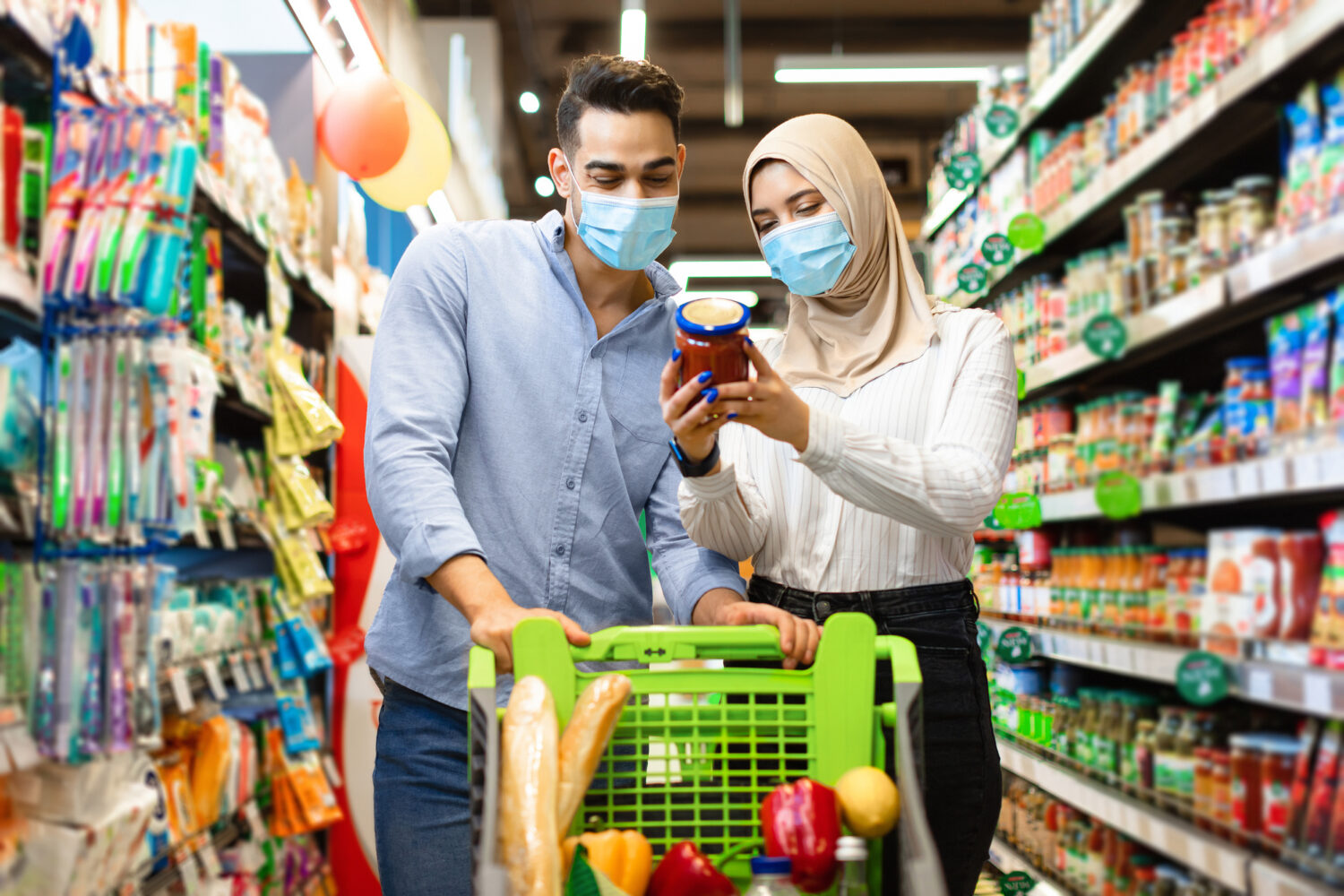
To get into the Halal market, knowing about halal is a must. And in halal-ness, not everything falls within the yes and no area.
Meaning, there’s a grey area—SYUBHAH.
To understand Syubhah, we have to learn first what is Halal and Haram.
Halal means “permissible” or “lawful” in Arabic. Any food, drink or product complying with Islamic law (Sharia) for use/consumption. Most food, drinks or substance are considered Halal unless proven otherwise based on the Quran (holy book of Islam), Hadith (prophet’s sayings), and, if needed, Islamic jurists.
For example, chickens and cows are allowed in Islam. But if they are not slaughtered and processed in a halal manner, their meat are considered Haram.
Haram is the opposite of Halal, meaning “prohibited”, “unlawful”, or “forbidden”. Any food, drink, substance is classified as Haram cannot be consumed. “Pig” and “alcohol” are the 2 main things most people will think of when they think Haram.
All things made with pigs is absolutely forbidden to use. Drinking alcoholic beverages is also Haram, but there are certain cases where alcohol is allowed, such as sanitisers or used for machinery.
What if you are uncertain about some products? This is called SYUBYAH.
Syubhah is any item or substance that is questionable or suspect, which its source is unknown. In other words, any food, drinks, substances in the grey area that doesn’t clearly fall under the Halal or Haram category.
Muslims do tend to avoid Syubhah until the item status is clear.
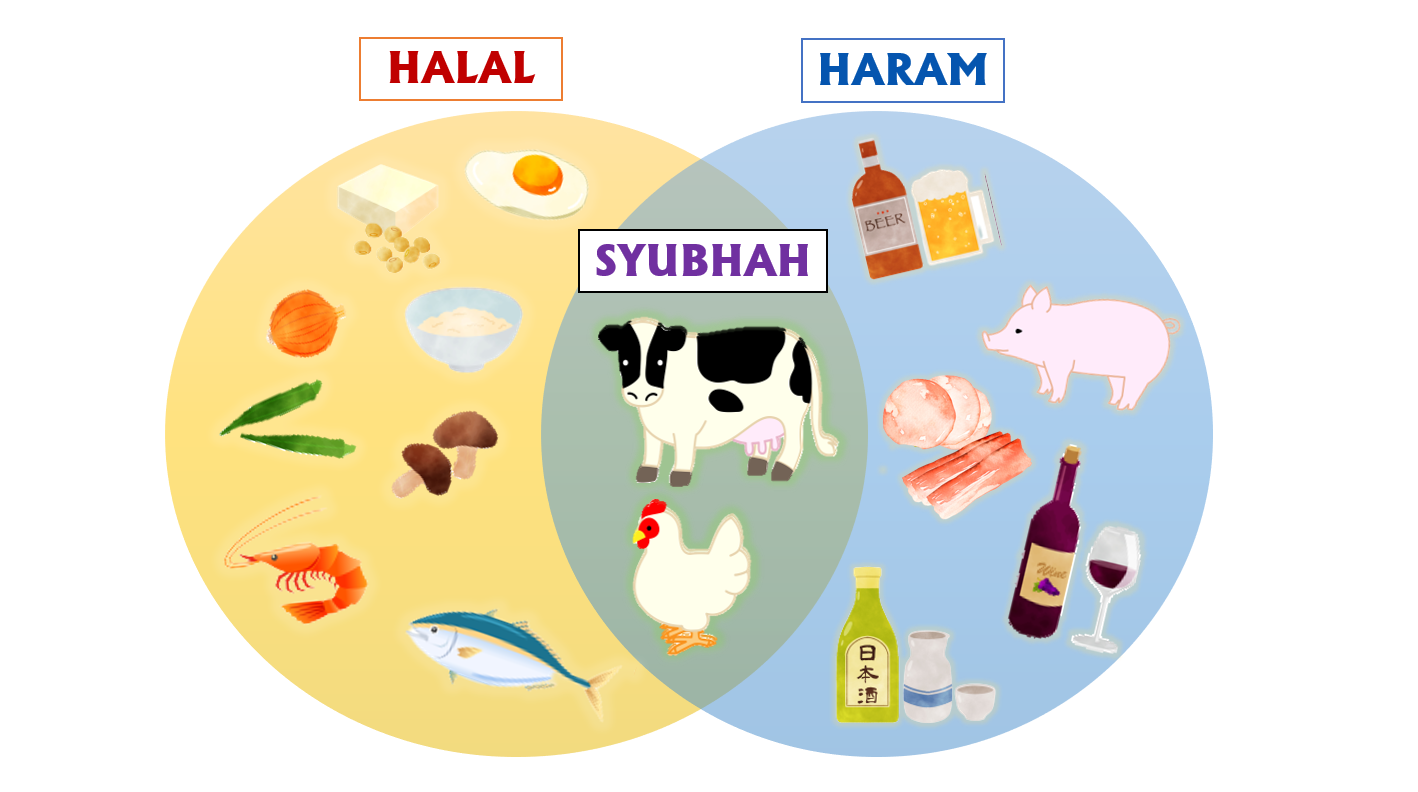
We have a network of Japanese companies keen to expand into the Halal market in Malaysia & Indonesia.
If you are interested in connecting with sustainable technology companies in Japan, simply JOIN the network from below. We will match the right one for you!



